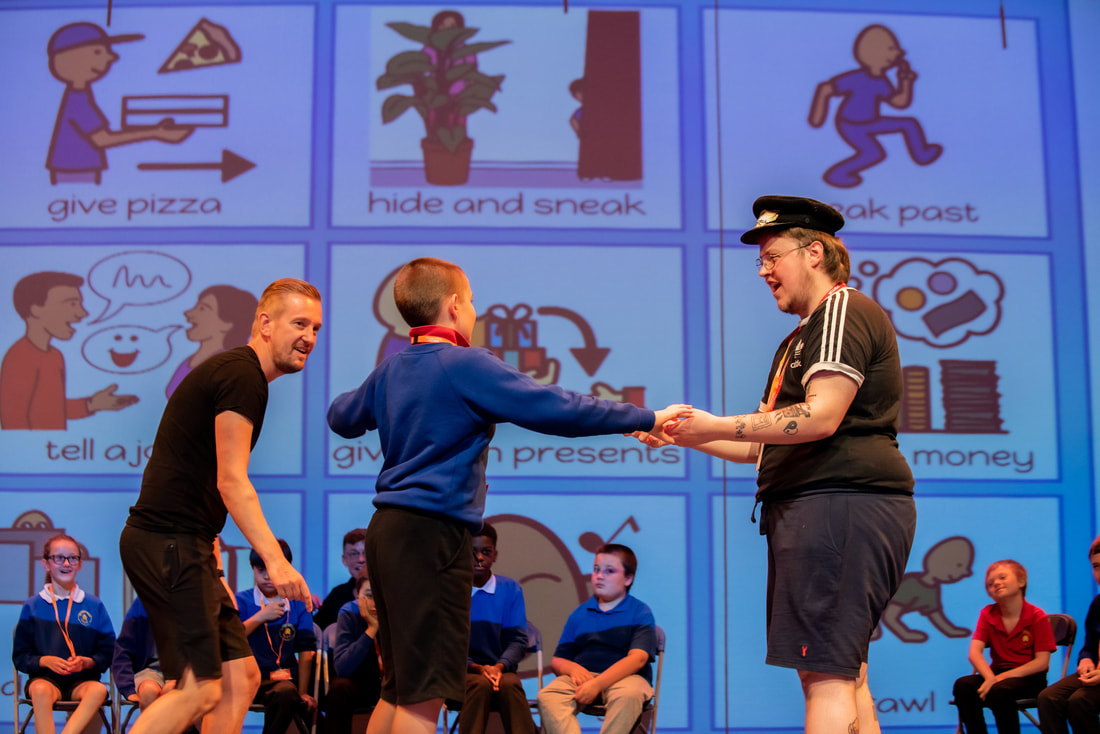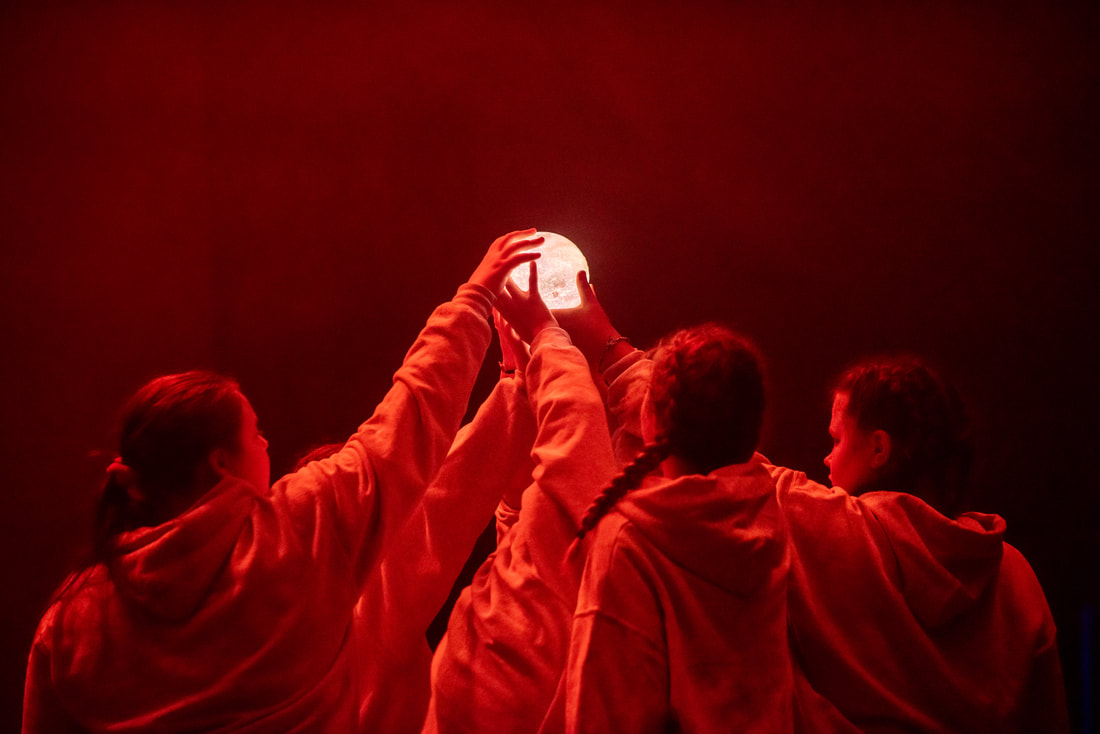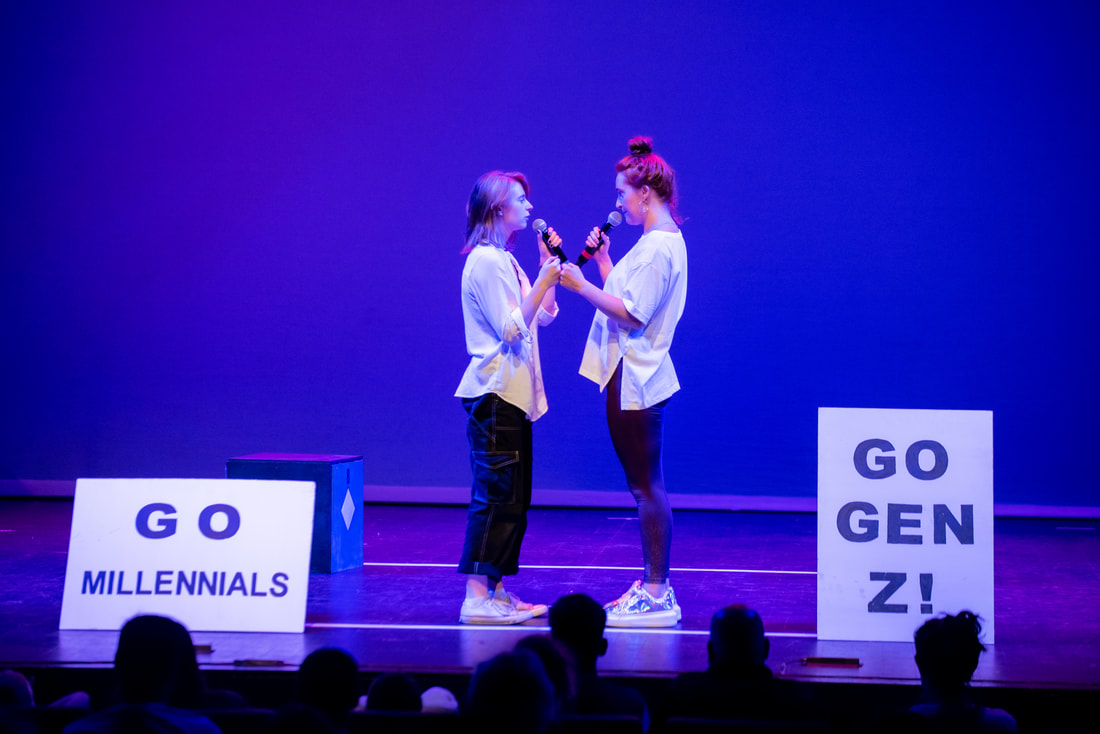ORID
Image Source: Focus Conversation Method Structure (ICA) ORID LINK
Purpose of the ORID process
Stages
The acronym “ORID” is derived from the first letters of the four stages of questioning:
1. Objective: Facts, Data, Senses
Objective questions related to thought, sight, hearing, touch, and smell are used to draw out observable data about the experience. For example:
2. Reflective: Reactions, Heart, Feelings
Reflective questions relate to the affective domain - emotional responses, moods, and hunches. Examples:
Center for Youth and Communities, Heller School, Brandeis University 1
If individuals have difficulty identifying feelings, the facilitator might suggest, for example, “During the experience were you surprised/angered/ curious/confused?” Individuals often correct the questioner regarding the intensity of the feeling: for instance, “No, I wasn't angry, I was absolutely livid.”
3. Interpretative: So What?
The facilitator invites participants to consider the experience’s value, meaning, or significance for them. For example:
4. Decision: Now What?
Individuals and the group determine future resolutions and/or actions. For example:
People often evaluate experiences quickly and superficially, or allow discussions to meander. This framework enables detailed reflection and learning, and helps groups get to the heart of the matter efficiently. It is simple, follows a natural process, and ensures that each step of the process is taken, so that the group can reach conclusions based upon the widest possible base of data.
The method structures the debriefing process and prompts recall so that a group can broaden their perspectives of an experience, develop a shared understanding of the experience, and formulate a common strategy.
Emotional or intuitive responses are important data but frequently are not acknowledged. When taken into consideration in decision making, they strengthen and support the decision. Ignored, they often jeopardise the decision.
- Reflect on and interpret a shared experience (e.g., a meeting) and decide what to do as a result.
- Listen to and share perceptions and emotional responses, suspend judgment during the discussion, and gain a broader and deeper understanding of the experience.
Stages
The acronym “ORID” is derived from the first letters of the four stages of questioning:
- Objective
- Reflective
- Interpretative
- Decision
- prepared in advance and relevant to the experience
- open-ended and specific
- sequenced, i.e., start with easy questions.
1. Objective: Facts, Data, Senses
Objective questions related to thought, sight, hearing, touch, and smell are used to draw out observable data about the experience. For example:
- What images or scenes do you recall?
- Which people, comments, ideas, or words caught your attention, and why?
- What sounds do you recall?
- What tactile sensations do you recall?
2. Reflective: Reactions, Heart, Feelings
Reflective questions relate to the affective domain - emotional responses, moods, and hunches. Examples:
- · How did this experience affect you?
- · What was the high point?
- · What was the low point?
- · What was the collective mood of the group involved?
- · How did the group react?
- · What were your feelings during the experience?
Center for Youth and Communities, Heller School, Brandeis University 1
If individuals have difficulty identifying feelings, the facilitator might suggest, for example, “During the experience were you surprised/angered/ curious/confused?” Individuals often correct the questioner regarding the intensity of the feeling: for instance, “No, I wasn't angry, I was absolutely livid.”
3. Interpretative: So What?
The facilitator invites participants to consider the experience’s value, meaning, or significance for them. For example:
- What was your key insight?
- What was the most meaningful aspect of this activity?
- What can you conclude from this experience?
- What have you learned from this experience?
- How does this relate to any theories, models and/or other concepts?
4. Decision: Now What?
Individuals and the group determine future resolutions and/or actions. For example:
- How, if at all, has this experience changed your thinking?
- What was the significance of this experience to your study/work/life?
- What will you do differently as a result of the experience?
- What would you say about the experience to people who were not there?
- What would it take to help you apply what you learned?
People often evaluate experiences quickly and superficially, or allow discussions to meander. This framework enables detailed reflection and learning, and helps groups get to the heart of the matter efficiently. It is simple, follows a natural process, and ensures that each step of the process is taken, so that the group can reach conclusions based upon the widest possible base of data.
The method structures the debriefing process and prompts recall so that a group can broaden their perspectives of an experience, develop a shared understanding of the experience, and formulate a common strategy.
Emotional or intuitive responses are important data but frequently are not acknowledged. When taken into consideration in decision making, they strengthen and support the decision. Ignored, they often jeopardise the decision.




